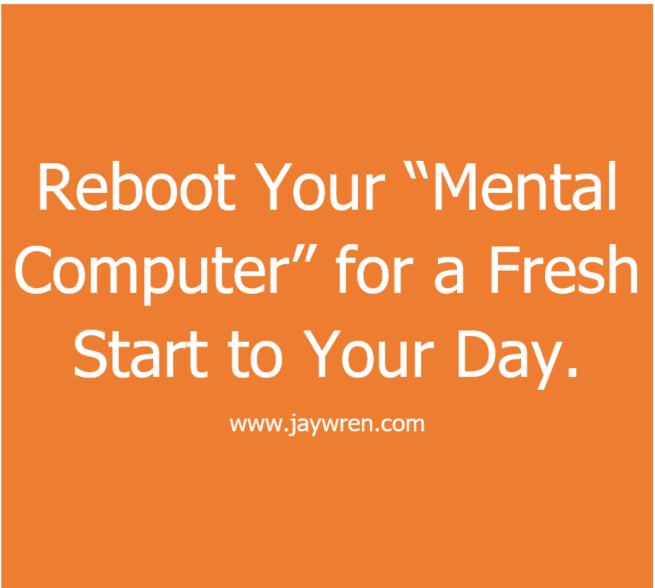Negotiations: Why do Americans struggle to negotiate?
Negotiation is a skill. You can learn it. A few negotiation skills can help us in all aspects of our lives.
In some countries, people regularly negotiate retail prices. Yet in America, many people are frightened of the idea of asking for people to negotiate with them over a price.
If you have been a tourist in Mexico, you have probably had firsthand experience in negotiating prices. Shop owners will gladly to let you pay the marked retail-price. However, many merchants in Mexico are open and apparently expecting to negotiate a price.
In the United States, our prosperity and our retail culture diminish our negotiation skills. Most shoppers are not going to negotiate pennies, nickels, and dimes for individual products. It’s just not worth their time. Most retailers are not going to negotiate pennies, nickels, and dimes for individual products either. It is, in most cases, not necessary based on their business model.
The result is that in our culture, consumer skills of presentation and negotiation atrophy.
Sometimes, all you have to do is ask.
However, shrewd shoppers operate counter to our culture. They often negotiate the price of mismarked advertised prices. They also negotiate with retailers to match the prices of other retailers offer.
Retailers want your business. They especially want your business if you are a local regular customer.
I am one of those rare Tab Cola drinkers. Coca Cola makes Tab Cola. The product is such a slow seller that most retailers carry it only on customer request.
The local Coca Cola bottling company sold twelve packs of Coca Cola product in every brand except for Tab Cola. They shipped Tab Cola in six packs only. Because of the packaging, the Tab Cola cost almost twice what other colas cost.
Since I regularly bought Tab Colas, I worked out a deal with the local Coca Cola bottling company and a local supermarket chain that enabled me to buy two six packs of Tab Cola for the same price of a twelve pack of the other Coca Cola products.
I got what I thought was a fair deal. By solving a customer problem, the bottling company generated goodwill with the local retailer. The retailer won, because Coca Cola worked with them to compensate for the cost difference.
The negotiation took a little bit of time, but I buy the product regularly. It was worth the time to work out the deal.




